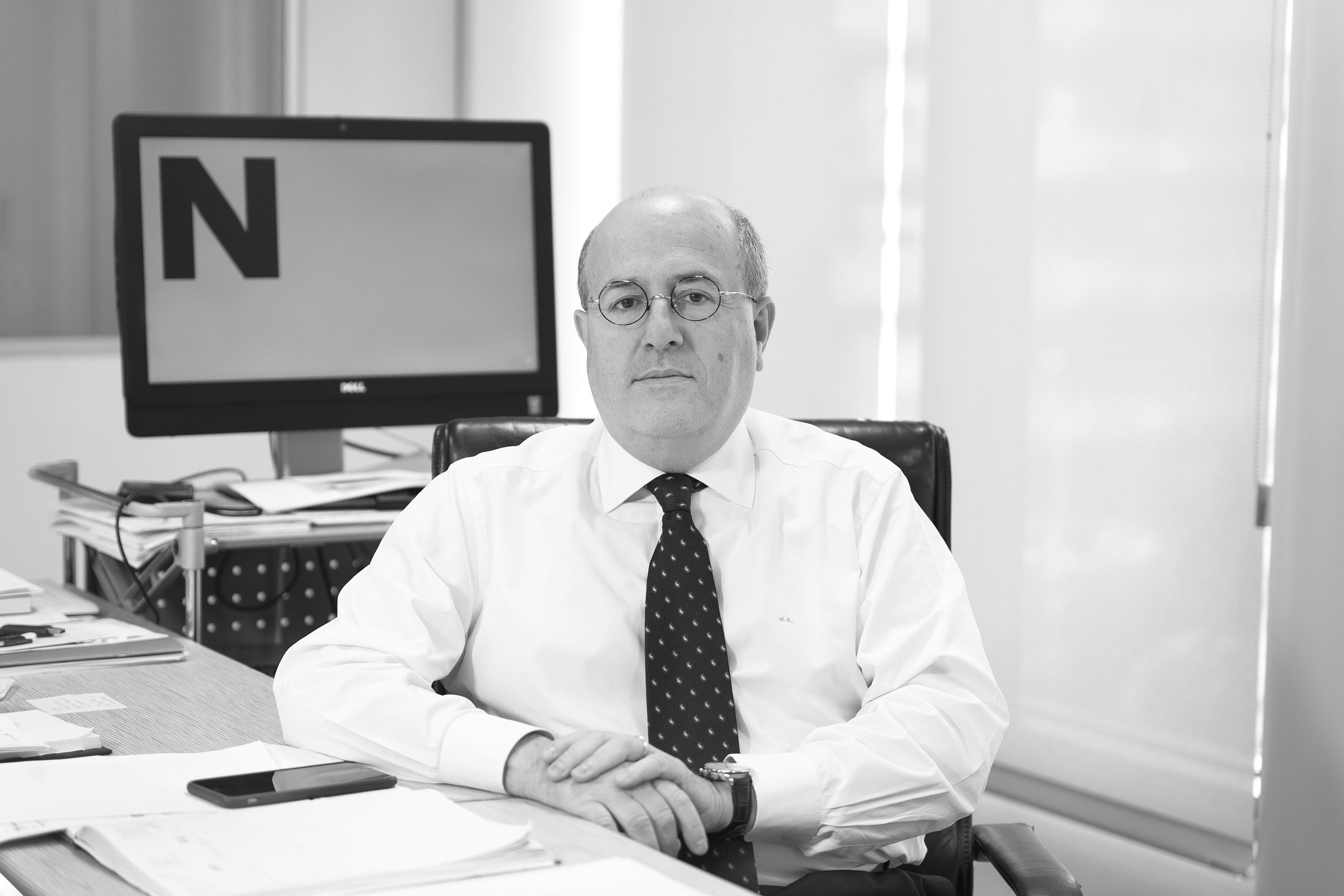José María Aznar this Tuesday returned to the Spanish Congress. Not as former prime minister (1996-2004) or leader of the opposition (1989-1996), rather to talk about the irregular funding of the Partido Popular during the fourteen years he was head of the party (1990-2004) before a parliamentary commission created for the purpose. Aznar clarified nothing and if he did anything it was to show that his arrogance remains exactly the same as during those four years of absolute majority in the parliament which ended in disaster for the PP in 2004 and the arrival of José Luis Rodríguez Zapatero to the Moncloa government palace. Aznar clashed with two Congress heavyweights, the leader of Podemos, Pablo Iglesias, and Esquerra Republicana deputy Gabriel Rufián. Aznar came having done his preparation, he resorted to denigrating both as a tactic to stop the criticisms he was receiving and limited himself to waiting for the recognition from his own people. It's very little for someone who had a difficult defence and who didn't clear up many of the accusations he received despite the aggressiveness he used and an air of self-importance which didn't go unnoticed.
Unlike, for example, his duel with Rafael Simancas, from PSOE, in whose face he threw his party's corruption with the ERE in Andalucia, and aware it would have been very poor form to bring up the case of former Catalan governance minister Jordi Ausàs, convicted of smuggling, Aznar turned things up a notch in his battle and accused Rufián of representing a coupist party (for the events of last year's 1st October referendum) and a political organisation whose leaders are convicted of rebellion, which isn't true since they're still in pretrial detention, but in the atmosphere there was in the Congress it was irrelevant. Aznar was the defender of Spanish unity in a commission which was meant to talk about corruption in the PP, but today's political Madrid of PP and Cs, the Madrid of the judiciary and a very large part of the Madrid of the media isn't for such subtleties. They wouldn't even give the independence movement water.
For a few moments, Aznar wanted to show he remains the unarguable leader of the Spanish right that he's still got it. Nothing is further from reality: his fitness doesn't allow him to play anything more than friendlies or the final minutes (the so-called garbage time) of a match which has already been decided. Rufián, aware he was playing on opposition turf, he went all out in the accusations of corruption against Aznar, his governments implicated in multiple corruption cases. He reminded him fo the Iraq War, of the Spanish presence there, and looking him dead in the eye asked him if he had something to say to the parents of José Couso, a cameraman shot dead by the US army in Baghdad in 2003. Aznar, for once, was quiet and hardly even blinked, although his silence was quite the statement.
And also an explanation for why Aznar left through the back door of the Moncloa palace in 2004.

